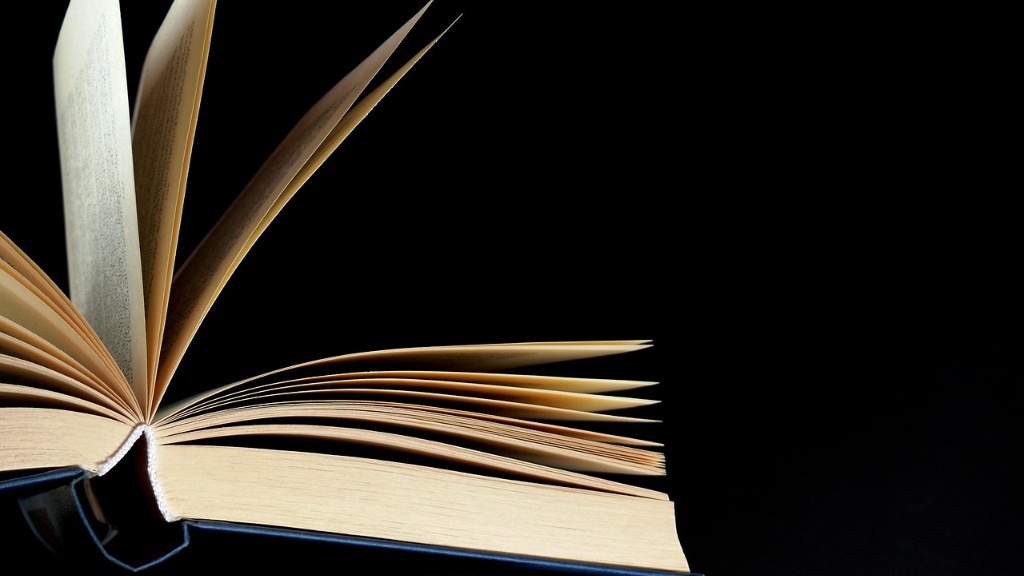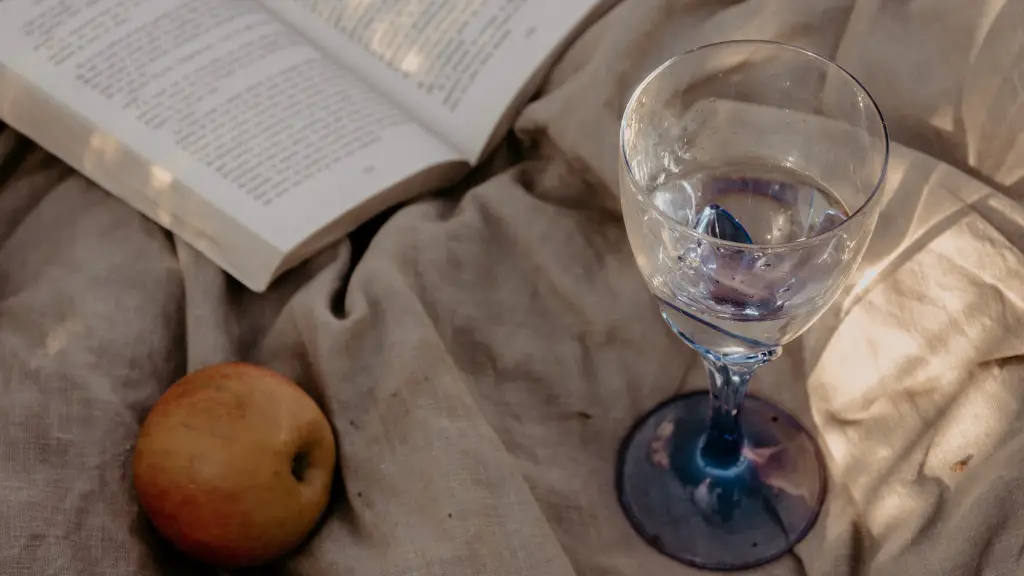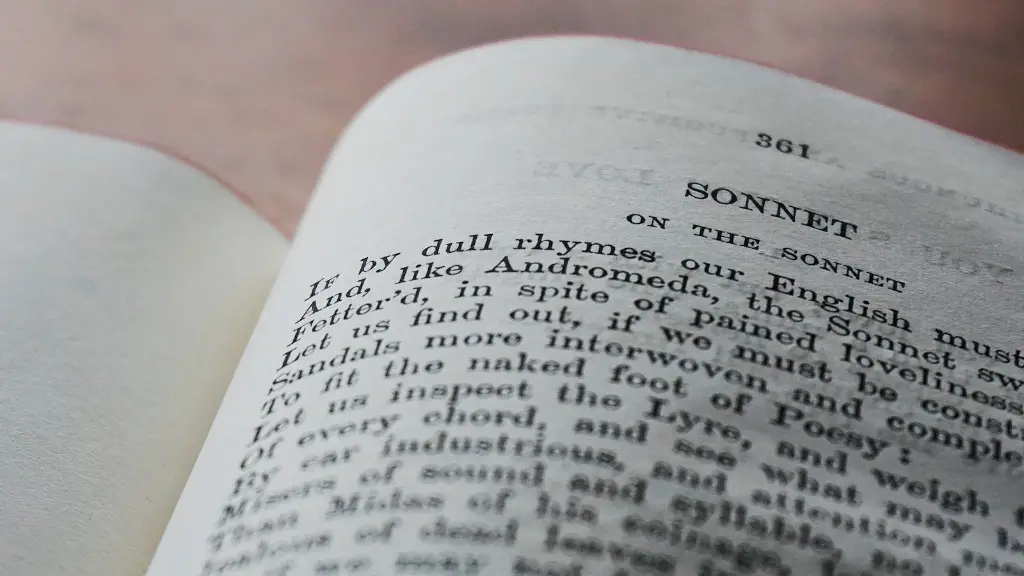Freestyle poetry has been around for centuries, but what is it? It’s the form of poetry that is without boundaries. No rules, no restrictions, no conformities – simply an open expression of thoughts and feelings. Freestyle poetry is a form of liberation from traditional restraints, allowing the poet to express their feelings in any way they wish. It’s created spontaneously, in the moment, and it can be used to express any emotion – joy, sorrow, anger, or passion.
For some, this kind of writing can be just as therapeutic as talking to a psychologist. letting out the darker thought and emotions that lurk in their mind. An unfiltered outflow of words can be a powerful way to make sense of the world around you. In the same way that venting to a friend can be soothing. Writing freestyle poetry can solidify those thoughts and give clarity.
But it’s not all about the darker words; a piece of freestyle poetry can be just as whimsical as it can be raw. Making up words as you go, playing around with language and punctuation to convey your message. It can also be a form of musicality, flowing with vigorous rhythm to match your language and emotion. Montage-style –clippings of poetry and prose, stanza style, stream of conscience – the possibilities and combinations are infinite.
Sometimes, poets hold back from the idea of creating this kind of writing because they feel they’re not good enough or they don’t have the tools in their bag. But that’s just not true. The beauty of freestyle poetry is that you never have to present it to an audience, or edit it before or after. You can create a piece to only be seen by yourself, or have people listen to a vintage poem or a brand new creation. It doesn’t have to be a Shakespearean Sonnet – the point is that you bring the feelings and the words together.
The practice of free-write poetry has taken a more visible role in recent years. It’s being taught in education institutions from primary schools to university, it’s being used in therapy circles to heal emotional wounds, and it’s also taking a more intricate part in spoken-word performances, as poets join forces to write and present pieces together.
The Benefits
Many poets practice to the point of near perfection. But when you practice freestyle poetry, you let it flow through you without navigating the outcome. Just tap into some lines and see what happens. When you craft and create in this way, you might find additional benefits, like:
- It can help build problem-solving skills.
- It can inspire creativity and spur creative thinking.
- It can help reduce stress and anxiety.
- It can help bypass self-imposed creative blocks.
Techniques
The beauty of freestyle poetry is that there are no rules or expectations. You are unfettered by structure and pre-defined limitations. There are several techniques you can use to start an informal poem, for instance, “sunshine of my soul” – simply use a simple phrase and let the words come, you may find story-lines of poems just from that.
When using this technique, add verbs and adjectives. Don’t use long clauses but rather short sentences and short phrases as they often create a more beautiful image. Use metaphors and similes to help you create a better, more coherent poem. Nouns can also be useful to express your feelings – this can be particularly useful if you are struggling with how to express yourself. Most importantly, keep a record. As you write, keep track of phrases that spring up and don’t let them slip away. The more you practice and revisit these thoughts, the easier it will be to create an abstract visual, verbal, and physical representation of your own angst.
Different Versions
As you engage and further develop in your practice of freestyle, you may end up coming across different versions of this style. A couple of popular ones include “slam poetry” – which involves a poet or group of poets competing against each other where the competition is judged by audience members or a panel. “Stand-up Poetry” is another version that is often seen in theatres, comedy clubs, and on TV and movie soundtracks.
In this freestyle version, writers construct poetic pieces that have regularity and rhyme. This style has been described as “performance poetry,” as the poet has to create something that “pops off” the page like a stand-up comedy. It can be accompanied by props, costumes, and other theatrical elements.
History
The history of freestyle poetry dates back centuries, but it truly became popularized in the 1950s when rap and hip-hop music began to emerge. During this time, poets – rappers and otherwise – were challenging the traditional norms of linear composition and enforcing their own style. The fringe-style of spoken-word poetry, once considered “gutter” literature, is now praised by educators and celebrated in the living rooms of many.
Honing the craft
As with any creative practice, it takes time to hone the craft and find the right flow and cadence. Don’t worry if it doesn’t quite come naturally at first, allow yourself to experiment and play with the words. Read other poets and find what speaks to you and what draws you in. When you’re comfortable with this, look up spoken-word poetry and learn from poets who are doing it professionally and notice how differently they approach the same topics.
Also pay attention to the background music and the beats, as a combination of sounds and movements can enhance your poetry. Experiment in front of the mirror or try it out with the people in your home – with practices like this, the only thing you can do is improve.
Interpreting Poetry
The overall goal of a poet is to communicate their thoughts and feelings to the world and be understood. To do this, your job is to interpret the poem and digest its main themes and underlying messages. As you move forward, ask yourself “What does this means for me? What does this poem tells me about me? What does this poem shows me about the world?” This will help you gain a deeper insight into what the poet is trying to say.
Conclusion
Freestyle poetry can be a powerful form of self-expression, a practice to explore and nurture creative confidence, and a product to be shared with the world. Whether you’re a seasoned poet or a newbie getting into it, the possibilities are endless and the approach is unique – it’s entirely up to you.



